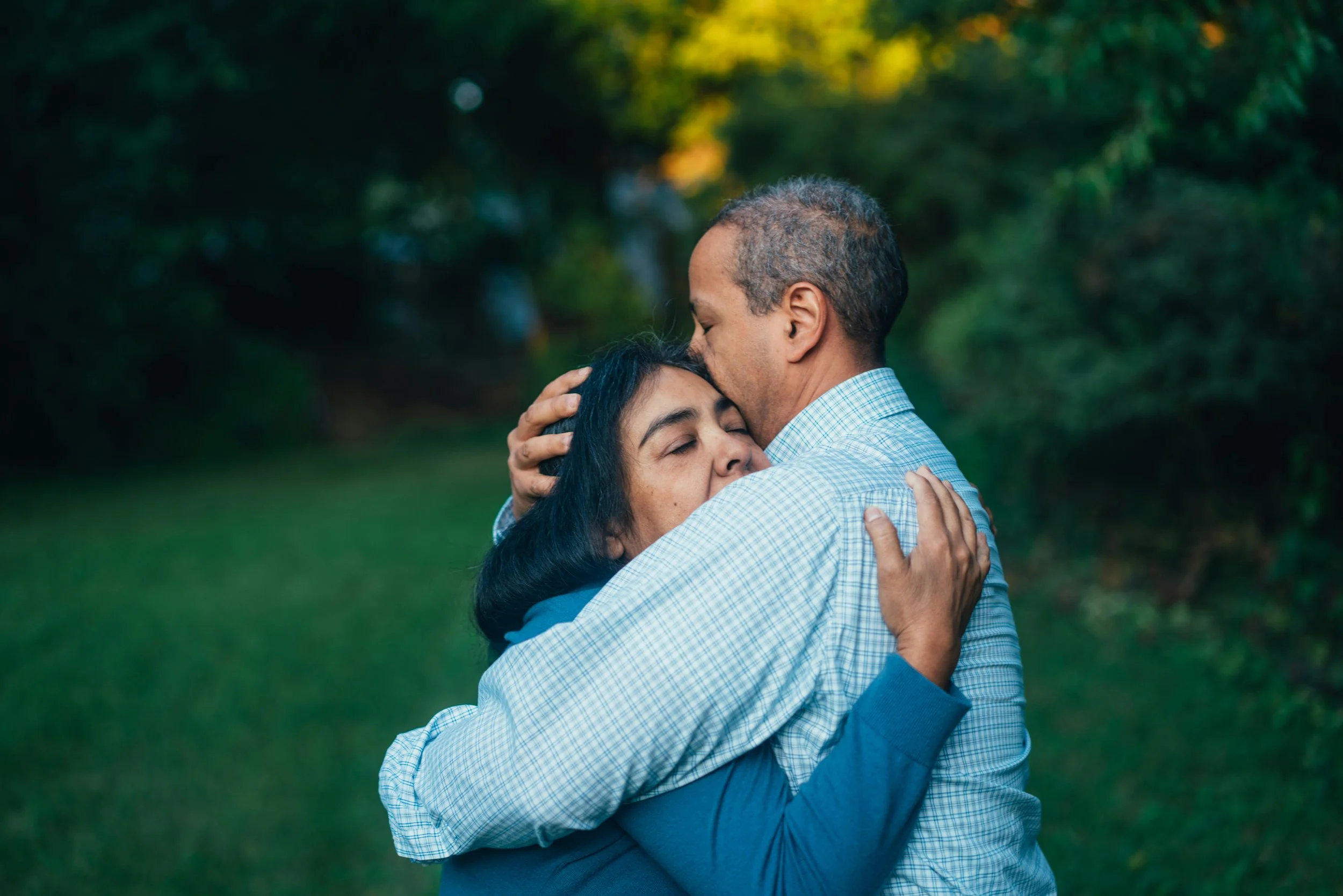Emotion Regulation
Welcome back to our series on the effects of unresolved relationship trauma. We've already discussed how trauma can trigger anxiety, lead to codependency, and even contribute to substance abuse. Today, let's explore how unresolved trauma can directly impact your ability to manage your emotions in a healthy way.
Imagine this scenario:
You walk into the kitchen and find the sink full of dirt pots and pans. Again. Your partner/roommate/child… someone has been cooking and has simply walked away from the mess. Rage and a deep sense of betrayal sweep over you. You conclude that this person has absolutely no regard for the effort you put into keeping the house neat and tidy, they have absolutely no respect for you as an individual, they don’t care about you– you don’t matter to them at all. You just cannot TAKE it anymore.
You can literally see red– and the veins on your neck are bulging. You stomp off to confront the offender, but the conversation quickly devolves from yelling about unwashed dishes to accusations flying about every topic of conflict and offense for the past decade.
Or maybe your reaction to this situation and these feelings would be to walk away and give the offending person the silent treatment, refusing to share the hurt you felt; instead simply shutting down and disengaging from that person altogether.
Woah.
Where did all THAT come from? I mean… all these emotions over just a few dishes in the sink?
This experience is called “emotion flooding” and it’s the next classic “leftover” from unresolved relationship trauma that we’re discussing on the blog this month. Here’s a great article that talks in-depth about the phenomenon of “flooding” but the short version is that flooding is a phenomenon where your nervous system reacts to a current situation with all the pent up, unaddressed emotions leftover from years (decades even, for some of us) of unhealthy coping strategies and habits.
The truth is, it’s not about the dishes in the sink– it’s about an emotional overload that occurs in response to a mundane, everyday event, acting as a trigger.
Two Responses to the Emotional Overload
There are two main ways people tend to cope with these overwhelming emotions when a trauma response is triggered.
Heightened Emotional Sensitivity: Some people are highly sensitive to any potential emotional threat. This can lead to overreacting to situations and struggling to calm down after emotions are aroused.
Emotional Numbness: Others develop a coping mechanism of shutting down their emotions altogether. This might feel like a protective layer at first, but it can also lead to feeling disconnected from yourself and others, making it difficult to build healthy relationships.
Regaining Control: Building Emotional Regulation Skills
The Gottman Institute emphasizes the importance of emotional regulation for healthy relationships. When overwhelmed by emotions, we struggle to communicate effectively. Here are some concrete steps you can take to manage your emotions in a healthier way:
Mindfulness: Learning to be present in the moment allows you to observe your emotions without judgment. Techniques like meditation or simply focusing on your breath can help you become more aware of your emotional state.
Emotional Awareness: Identifying your emotions is the first step to managing them. Journaling or talking to a trusted friend can help you develop a vocabulary for your feelings. Pay attention to physical cues like muscle tension or changes in breathing that might signal emotional distress.
Developing Healthy Coping Mechanisms: Find healthy ways to release emotional tension. This could include exercise, spending time in nature, creative outlets, or relaxation techniques like deep breathing or progressive muscle relaxation.
I keep stressing this, and I’ll say it again: healing from trauma is a journey that requires time and self-compassion. Be patient with yourself, celebrate your progress, and don't hesitate to seek professional help from a therapist trained in trauma therapy. There's no shame in needing support – in fact, it's a sign of strength and a commitment to your well-being.
By acknowledging the impact of trauma on your emotional life, and actively working towards emotional regulation, you can rebuild a sense of balance and reclaim your inner power. You are not alone in this journey, and with the right tools and support, you can create a more fulfilling and emotionally connected life for yourself.
Here are some resources to get you started:
• National Alliance on Mental Illness (NAMI)

